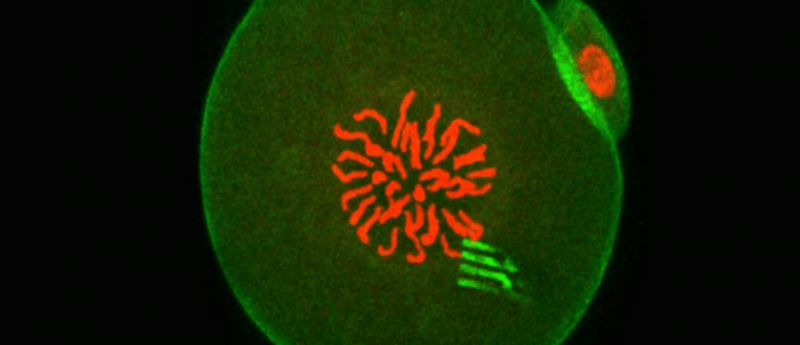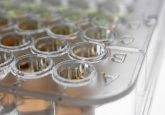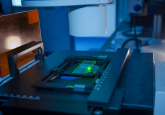Nanodevice tracks intracellular behavior in mouse embryos

Researchers from the University of Bath (UK) have developed a nanoscale tracking device that can be inserted into mammalian cells right at the start of development. The silicon-based nanodevice can track cells through fertilization and growth, giving insights into fundamental biology. The team, led by Tony Perry, Professor at the University of Bath, injected a nanodevice together with sperm, into a mouse egg cell. This resulted in a fertilized egg containing a tracking device. The nanodevice is extremely thin at 22nm and made of flexible silicon, meaning it can bend and mold without hindering the growth of the cell. The...
To view this content, please register now for access
Join our member community for FREE to access a collection of journal and online-only features, including:
- Exclusive access to educational videos, eBooks and insights into top BioTechniques journal articles
- The latest news and journal updates delivered straight to your inbox when you want it
- Personalized recommendations for the latest member-exclusive podcasts, interviews and expert opinions
- Priority registration to webinars, panel discussions and events
- Access to competitions and journal publication discounts, including 10% off open access fees when you sign up today!





